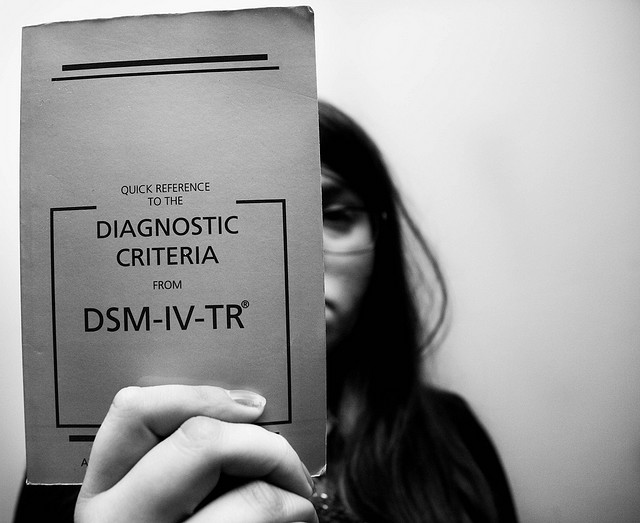Debate over the definition of binge eating
 April 13, 2012 by
April 13, 2012 by  Sumati Gupta, PhD
Sumati Gupta, PhD  What constitutes an episode of binge eating? This simple question has led to numerous research studies seeking to better define the criteria for Binge Eating Disorder and Bulimia Nervosa. Many researchers have been advocating a looser definition of binge eating, but there is concern that this would substantially increase the percentage of people who could be diagnosed; and perhaps pathologize otherwise normal behavior. A new study shows this concern isn’t warranted.
What constitutes an episode of binge eating? This simple question has led to numerous research studies seeking to better define the criteria for Binge Eating Disorder and Bulimia Nervosa. Many researchers have been advocating a looser definition of binge eating, but there is concern that this would substantially increase the percentage of people who could be diagnosed; and perhaps pathologize otherwise normal behavior. A new study shows this concern isn’t warranted.
The current DSM (DSM-IV-TR, published in 2000) defines binge eating as occurring at least twice weekly. The proposal for the DSM-V, to be published next year, seeks to reduce the criteria for binge eating to at least once a week.
In a study to be published in next month’s International Journal of Eating Disorders, researchers found that even when the criteria for binge eating is reduced to once weekly, there is no substantial increase in the percentage of people who would be diagnosed with Binge Eating Disorder or Bulimia Nervosa. Examining Swedish women 20 to 47-years-old, they found that the lifetime prevalence of Binge Eating Disorder and Bulimia Nervosa went up less than 0.5% when reducing the criteria for binge eating from 8 times a month (about twice weekly) to 4 times a month (about once weekly).
Why all this fuss over simply changing the criteria from twice a week to once a week? Simply put, we can’t provide good treatment without knowing exactly what we are treating. Although the total percentage of people who meet criteria for binge eating and bulimia barely increases, the proposed change allows for a much greater number of people to meet criteria for the disorders and participate in treatment studies. When these studies better target people suffering from binge eating and bulimia, treatment improves.
Read previous posts on research-based treatments for binge eating and bulimia here and here.
Are you curious if you would meet criteria for binge eating or bulimia based on the DSM-V? Check out their website.
Photo Credit: Swellxelle
Have comments or questions? Discuss them on the facebook page or contact Dr. Gupta directly
Stay up to date on the latest research: Follow the blog on twitter, like on facebook, or subscribe
 Dr. Gupta is a licensed psychologist and professor at Barnard College, Columbia University. She specializes in the treatment of anxiety and eating/weight issues at
Dr. Gupta is a licensed psychologist and professor at Barnard College, Columbia University. She specializes in the treatment of anxiety and eating/weight issues at 